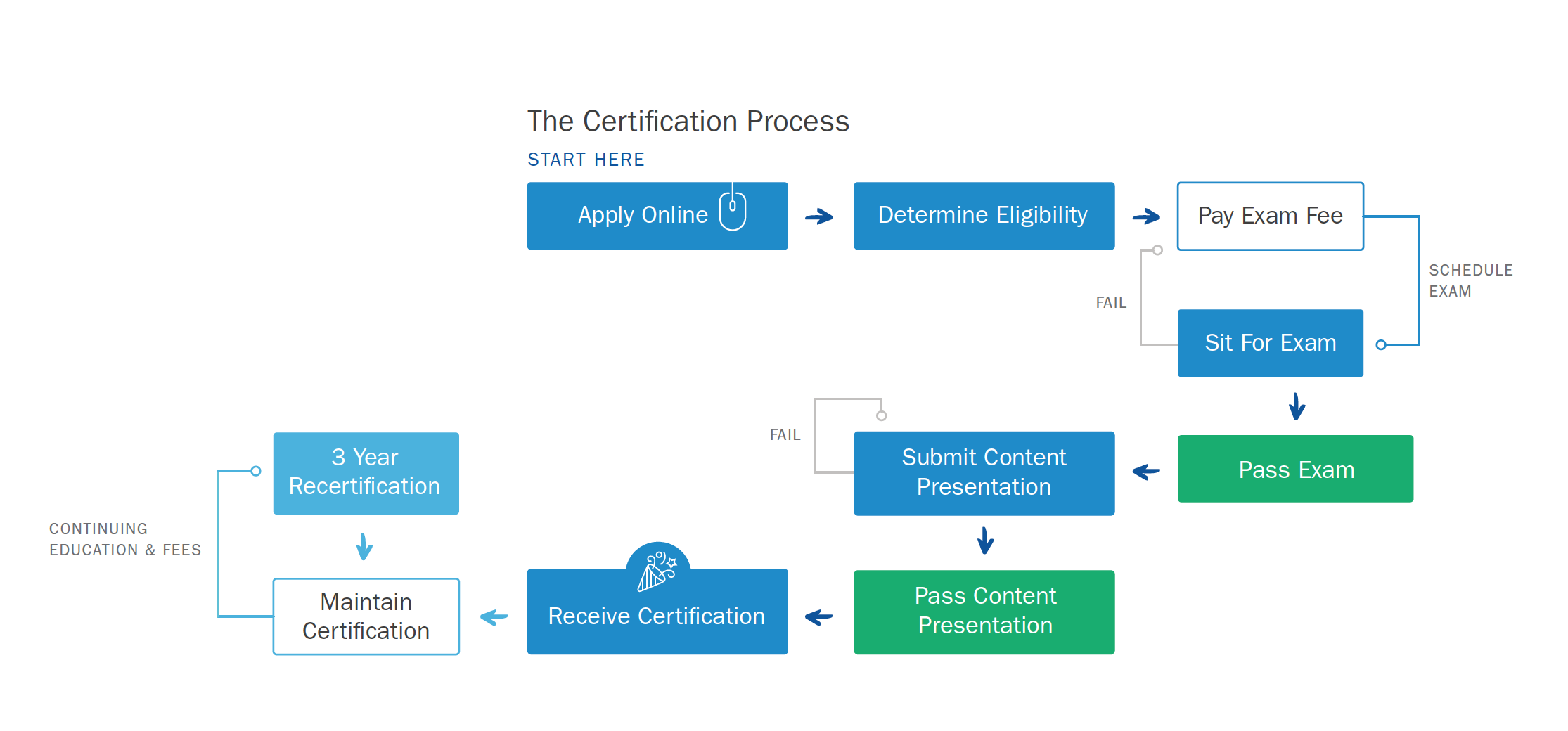Assessments
The PBAAC® is committed to providing the highest quality certification examinations based on proven industry standards through ongoing development procedures and psychometric review.
Candidates are required to successfully pass two assessments that are designed to evaluate knowledge and competency in overseeing individuals who practice a progressive approach to ABA as a treatment method for ASD. These are a multiple-choice examination and a content presentation evaluation. The multiple-choice examination is administered by computer-based testing. The content presentation evaluation consists of the candidate creating a video and submitting it for scoring.
The Multiple-Choice Examination
The multiple-choice examination is a timed computer-based examination consisting of 165 questions designed to measure a candidate’s knowledge of the principles identified in the CPBA-AP® Content Outline. Of the 165 questions, 150 will be scored to determine the candidate’s outcome. Approximately 15 of the questions have accompanying videos to be viewed before selecting an answer. Sample questions can be found here.
A summary of the content outline for the exam can be found in the Candidate Handbook (see p. 20). It lists the percentage of the test covered by each of the ten content areas, also called domains. For the complete examination content outline, go to https://progressivebehavioranalyst.org/content-outline/
The Content Presentation Evaluation
The content presentation evaluation requires candidates to submit a video of their own making that is between 15 – 25 minutes for evaluation by at least two trained and calibrated raters. The candidate’s skills that are evaluated consist of:
- comparing and contrasting conventional and progressive approaches to ABA
- clinical judgment
- presentation style
- use of supporting materials
Each of these skills are placed on a rating rubric with performance examples for: Below Standard, Proficient (Meets Standard), and Exemplary. The raters independently review the candidate materials using the rubric to make their ratings.
If the overall scores from two raters do not result in a unanimous pass or fail decision, a third rater is assigned by an administrator. The third rater does not have access to the other ratings. The pass or fail decision is based on the agreement of two out of the three raters. The scoring process takes approximately 30 days, and the results are delivered to candidates via email.
Requests for Testing Accommodations
Reasonable examination accommodations are available at no extra cost to individuals with documented disabilities. The application includes an option for candidates to request the need for an accommodation. Special accommodation requests for taking examination(s) must be submitted at the time of initial application, along with supporting documentation provided by an appropriate licensed medical doctor, healthcare practitioner, or other relevant professional on their letterhead. Documentation must include:
- Candidate’s name and address
- Disability diagnosis
- History of previous examination accommodations
- Specific request(s) for accommodations
Accommodation requests are considered, and the approval or denial communicated to the applicant.

